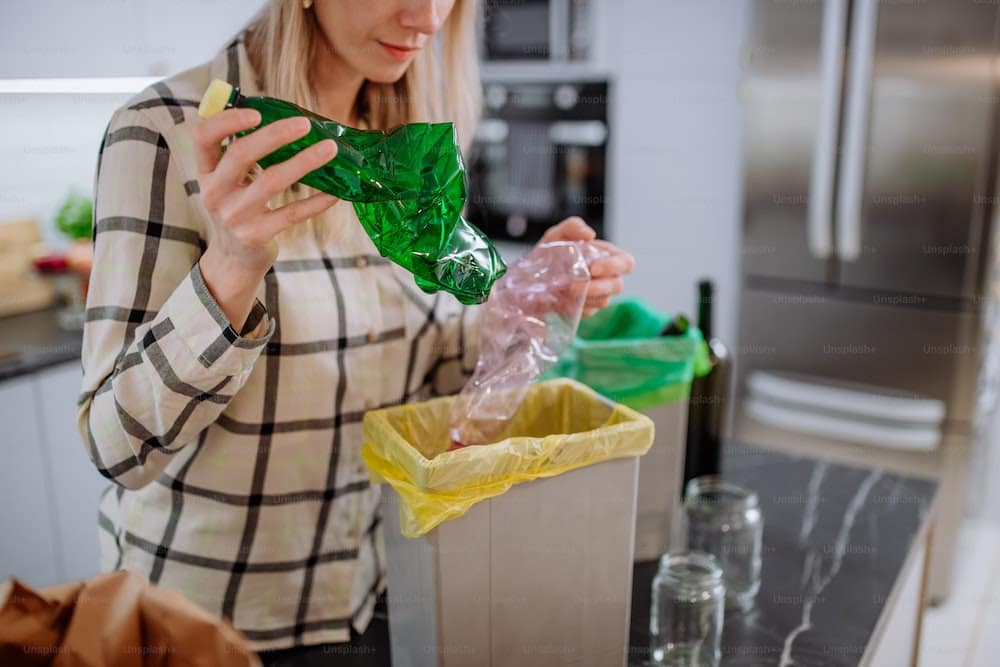
A study published on the Cambridge University Press website in May 2023 has investigated the possible contamination of food and beverages that come into contact with recycled plastic. Worldwide, 20% of the plastic produced is destined for food use, and it is the most widely used packaging material for food and beverages. While recycling does exist, most plastic used for food purposes is single-use and ends up as a pollutant in nature.
When recycled plastic is used to package food, chemical molecules are likely to contaminate the food, but their long-term impact on health is still poorly understood. The new study has identified a number of chemicals that are potentially harmful to health and likely to contaminate food. One of these is polyethylene terephthalate or PET, a type of plastic commonly recycled to make plastic bottles, for example.

The recycling process produces chemical contaminants that could migrate into foodstuffs when they come into contact with this recycled plastic. In particular, scientists have identified the migration of benzene and styrene, respectively a known and probable human carcinogen according to the International Agency for Research on Cancer, as well as bisphenol A, an endocrine disruptor.
Information relating to the possible migration of chemical contaminants from PET remains isolated data, as the authors of the study indicate that there is little information concerning the migration of chemical contaminants from other types of recycled plastic. As documented comparisons between recycled and non-recycled plastics are limited, it is not possible to say with certainty whether food contamination poses a greater risk with recycled or non-recycled plastics. The use of non-food plastics in the manufacture of recycled plastic alloys for food use is another proven risk, and many scientists remain concerned with studying the long-term effects of contaminants from plastic food packaging.




